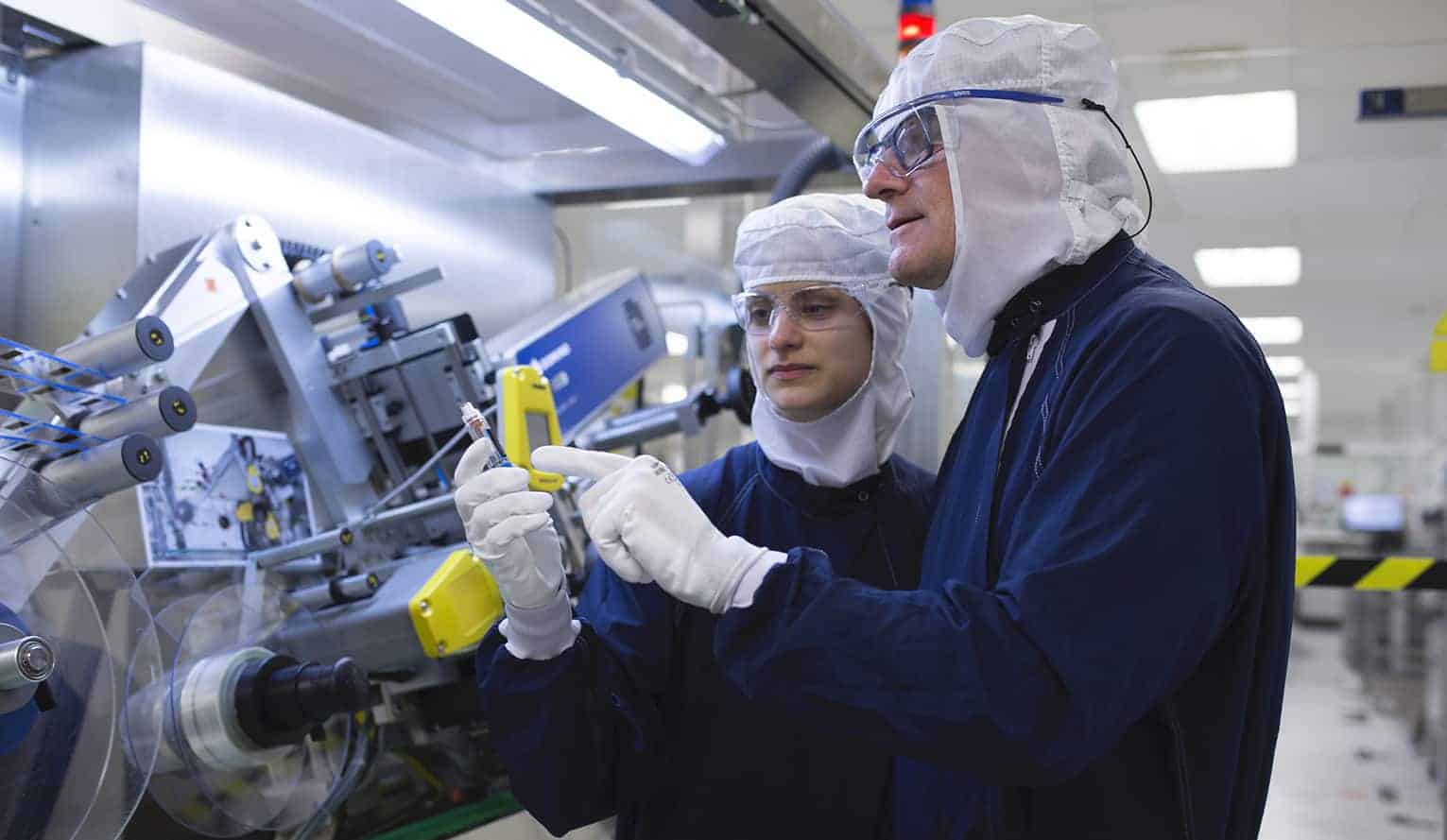Eli Lilly and Company Invests in Medicine Innovation and New Jobs
These developments were made possible due to tax reform.

In part enabled by the recent tax reform law, Indiana-based pharmaceutical manufacturer Eli Lilly and Company (“Lilly”) is investing $400 million in its Lilly Technology Center campus in Indianapolis. In addition to serving the growing demand for its current medicines, the investment will provide manufacturing capacity for future medicines through innovations like technology upgrades and new automated facilities that use robotics and data analytics to improve efficiency.
“Tax reform was a part of our decision to make this investment in our company and our employees because it allowed us to keep dollars here and invest them in the United States,” said Lilly Senior Vice President and President of Manufacturing Operations Myles O’Neill.
The investment is expected to create approximately 100 new jobs, including operators, engineers, chemists and biologists, and projects spurred by this large-scale investment will provide hundreds of additional jobs for men and women who will support the implementation of this new investment.
“These investments support our manufacturing capabilities in Indianapolis, including additional capacity and technology upgrades to our active ingredient, syringe filling, device assembly and packaging operations,” O’Neill said. “All of these projects support Lilly’s investment in next-generation manufacturing and feature high levels of automation, robotics, new technologies and advanced data analytics.”
Lilly has invested over $5 billion in the United States since 2012, with the majority of this investment in its Indiana facilities and nearly $2 billion in the manufacturing of diabetes medicines. One of the largest employers in the Indianapolis area, the company employs more than 30,000 people and sells products in approximately 125 countries.
“Lilly’s investment is a demonstration of the extraordinary opportunity that tax relief has given companies and communities across the United States,” said National Association of Manufacturers Vice President, Tax and Domestic Economic Policy Chris Netram. “We have seen stories like this one from large and small manufacturers nationwide. That’s why we advocated for tax reform, and that’s why we’ll keep fighting for the kind of smart, responsible tax policies that benefit millions of manufacturing employees and support effective growth.”
